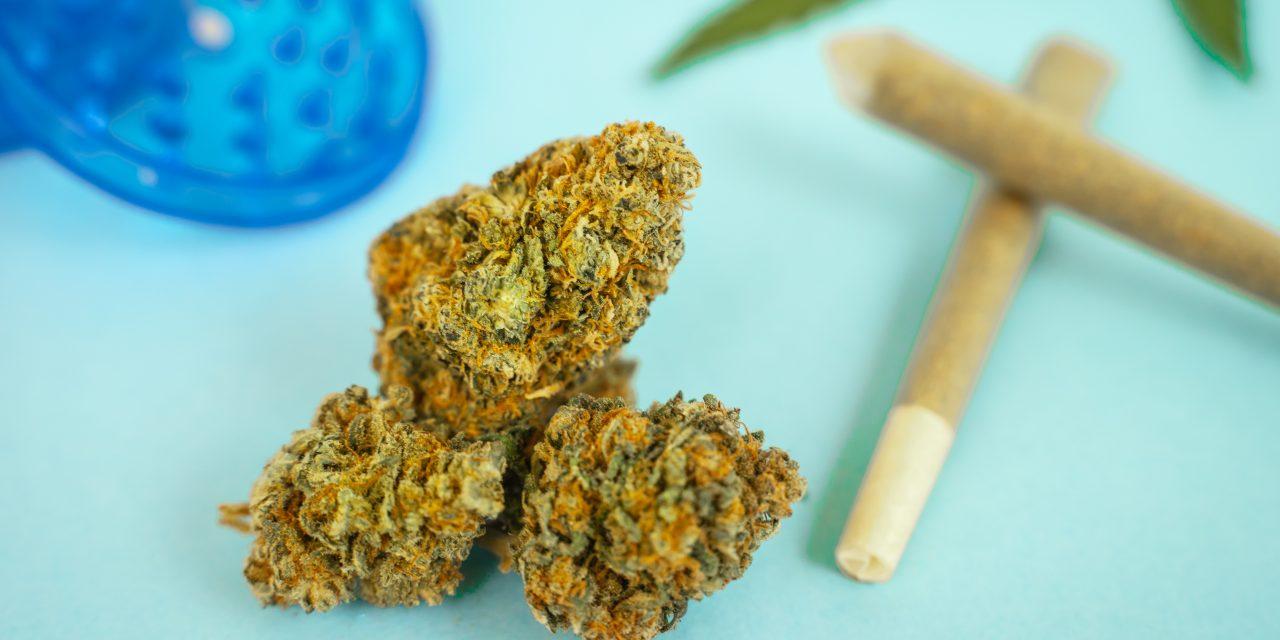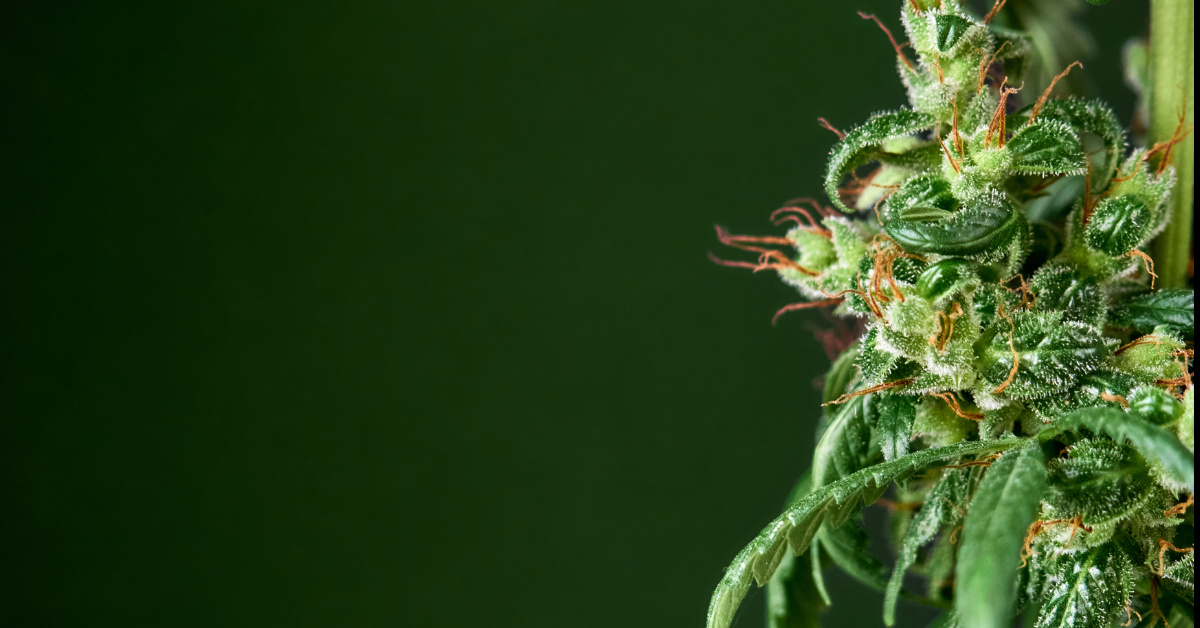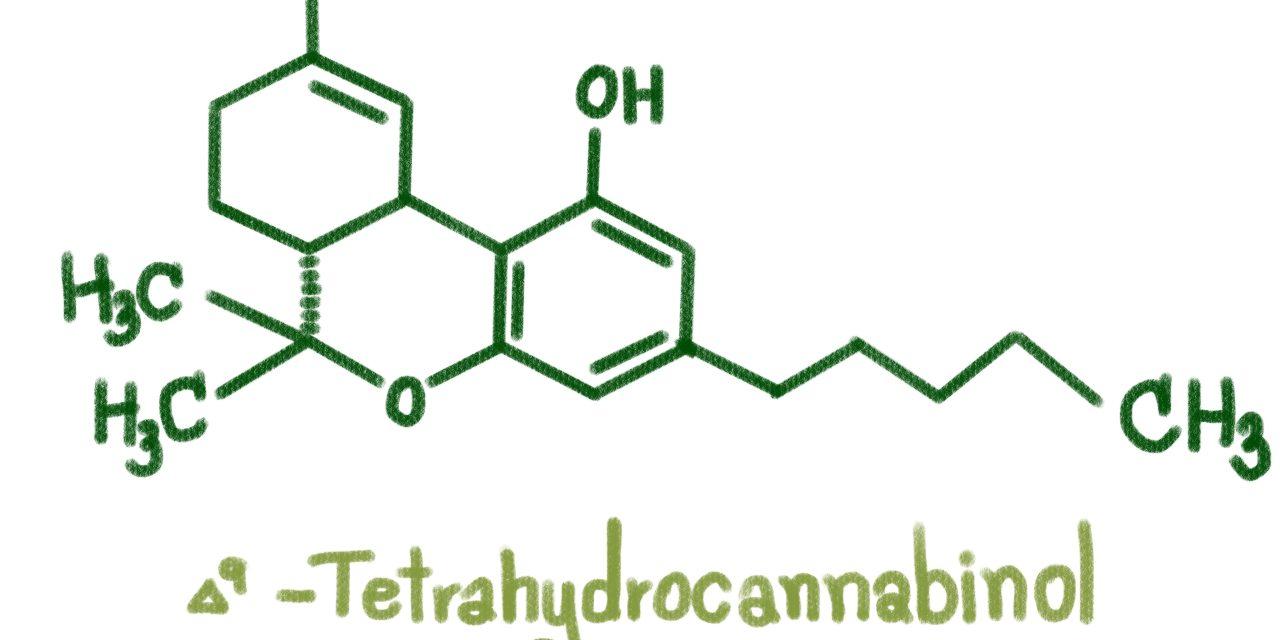THCa & Decarboxylation
Cannabis is a plant that contains a variety of chemical compounds, including over 100 different cannabinoids. One of these cannabinoids is THCa or tetrahydrocannabinolic acid. THCA is the raw, acidic form of THC, which is the psychoactive compound in cannabis that is responsible for the plant’s characteristic effects on the mind and body.
Heat plays a crucial role in the conversion of THCa to THC. When cannabis is heated, the THCA molecule is decarboxylated, meaning that it loses a carboxyl group and becomes THC. This process is known as decarboxylation, and it is what allows THC to interact with the body’s endocannabinoid system and produce the psychoactive effects that are associated with consuming cannabis.
Decarboxylation Factors
There are several factors that can influence the rate of decarboxylation, including temperature, humidity, and duration of heating. In general, higher temperatures and longer heating times will lead to a more complete decarboxylation of THCa. However, it is important to note that decarboxylation can also occur at lower temperatures and shorter heating times, especially if the cannabis is heated in a humid environment.
Decarboxylation can occur naturally over time, even without the application of heat. For example, dried cannabis buds will gradually lose THCa and become more THC-dominant as they age and are exposed to light and air. However, the rate of decarboxylation is much slower under these conditions, and it is generally not enough to produce significant psychoactive effects.
THCa for Medical Patients
Decarboxylation is an important process for those who consume cannabis in order to experience the psychoactive effects of THC. However, it is also important for medical cannabis patients and researchers who are interested in the potential therapeutic effects of THCA. While THCA does not produce psychoactive effects on its own, it has been shown to have a number of potential therapeutic properties, including anti-inflammatory, analgesic, and anti-tumor effects.
WEED HEAT: THCa & Decarboxylation Recap
In conclusion, heat plays a crucial role in the conversion of THCA to THC in cannabis.
Decarboxylation occurs when THCa is heated, and it is what allows THC to interact with the body’s endocannabinoid system and produce the psychoactive effects that are associated with consuming cannabis. However, decarboxylation is also important for those interested in the potential therapeutic effects of THCa, as it has a number of potential health benefits on its own.
We have some of the best THCa Flower in North Carolina.
Asheville Dispensary – Quality THCa products at the lowest prices in town.
Give this wonder of plant medicine a try for yourself! Asheville Dispensary offers some of North Carolina’s highest-quality legal weed, and we always have great deals for those on a budget. THCa and Delta products can vary widely based on quality and price point – so do your research before making any purchases!
As always remember our frequent sales–we’re constantly upgrading inventory to bring you top-notch hemp-derived products without breaking your wallet or sacrificing good old-fashioned fun times!






